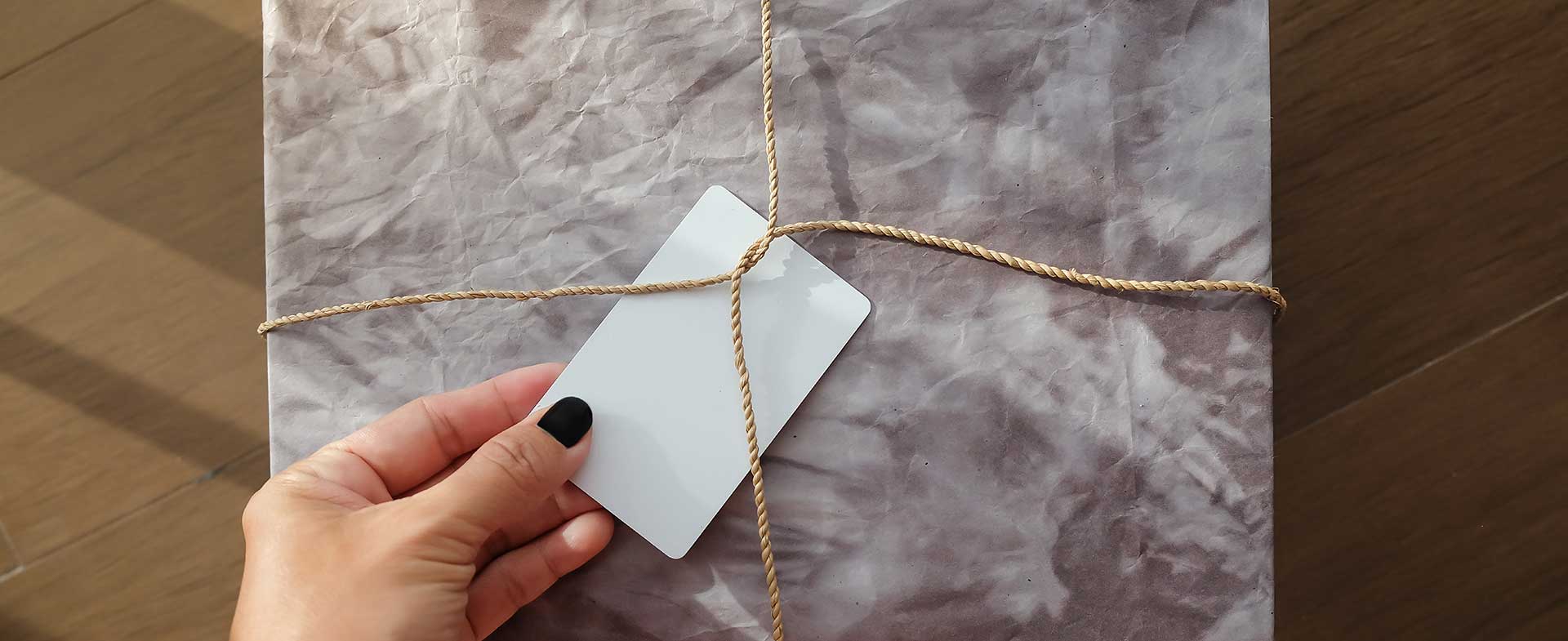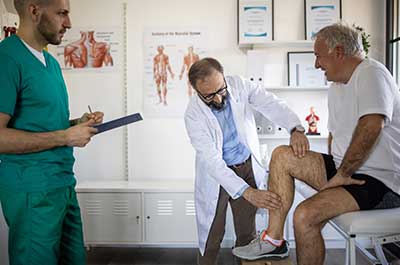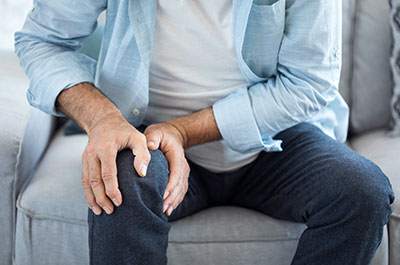Do you have a family member or friend who is having joint replacement surgery? If so, you may be wondering how you can help. Nicci George, RN, OCN, a nurse navigator specializing in orthopedic care at Henry Ford Health, recommends providing emotional support and practical assistance.
“The mindset about how best to support someone after joint replacement surgery has shifted. People are encouraged to take a more active role in their recovery than in the past. Some people may need a caregiver in the early stages of recovery. But remember to be a cheerleader, not a babysitter,” says George. “Offer help with daily tasks while respecting a person’s independence.”
Create A Joint Replacement Care Package
One way to provide support is to create a care package filled with gifts someone can use during recovery. George recommends including items such as:
- Comfortable clothes: Loose-fitting, two-piece pajama or loungewear sets and sweatsuits make getting dressed easier. Specially designed clothing to fit over an arm sling or leg splint is also available.
- Containers and accessories: A basket can keep items like a phone, water bottle and TV remote close to a bed or chair. A tray that attaches to a walker makes it easier to carry small items while walking in or outside. A reacher helps retrieve items without straining.
- Cushion or pillow: Sitting on a low chair or sofa can be challenging for people recovering from knee or hip replacement surgery. Adding a firm cushion makes sitting down and standing up easier. Pillows can also provide additional support while someone is sitting or lying down.
- Moisturizer and lip balm: Many people are dehydrated after surgery. Hand cream, body lotion and lip balm can soothe dry skin.
- Non-skid socks and a sock aid: Socks with non-skid pads on the soles offer additional support and reduce the risk of falls. Add an assistive device called a sock aid that helps easily slip socks on and off.
- Satin sheets: After joint replacement surgery, getting in and out of bed can be challenging. Satin sheets make it easier to slide into a position to lie down or sit up.
- Water bottle with a straw: Pain medication given after surgery can cause constipation. A water bottle provides a handy way to stay hydrated and relieve digestive symptoms.
Other Ways To Provide Support
Doctors used to advise people to stay home for two weeks after joint replacement surgery. Caregivers were on hand to help with all daily tasks. Now, joint replacement surgery is an outpatient procedure. Care teams encourage people to regain their independence as they recover.

Considering A Joint Replacement?
“People can benefit from encouragement and support at every stage of recovery,” says George. She recommends talking with your family member or friend to find out how you can help with things such as:
- Creating a roster of helpers: Compile a list of people who can help with laundry, cleaning, daily errands, rides to doctor appointments and physical therapy sessions. This roster can ease caregivers’ burden and allow others to help provide support.
- Helping with pre-surgery preparations: Help remove rugs or clutter to reduce the risk of falls. Create a well-lit, clear path between the bathroom, bedroom and main living spaces. Use containers you’ve included in your care package to set up areas where personal items can be close at hand.
- Making healthy meals and snacks: Meals and snacks with lean protein help support wound healing. Add in fruits, vegetables and whole grains to provide a well-balanced meal for the refrigerator or freezer. Create a charcuterie board with cheese, whole grain crackers, olives, grapes and nuts to provide energy throughout the day.
- Providing pet care: While pets offer many health benefits, they also require constant care. Having small animals around may also increase the risk of a fall. Volunteering to care for pets can be helpful, especially during the early stages of recovery.
- Suggesting outings or experiences: Gift cards for a haircut, manicure or restaurant meal can boost someone’s mood as they recover. Watch a sporting event or movie together. Take a morning walk to help your family member or friend keep moving.
“Your ongoing encouragement and practical help can make recovery much easier,” says George. “Find fun ways to help your family member or friend feel less like a patient and more like themselves.”
Reviewed by Nicci George, RN, ONC, a registered orthopedic nurse at Henry Ford Health. She is a nurse navigator and teaches a joint replacement preparation class at Henry Ford West Bloomfield Hospital.



